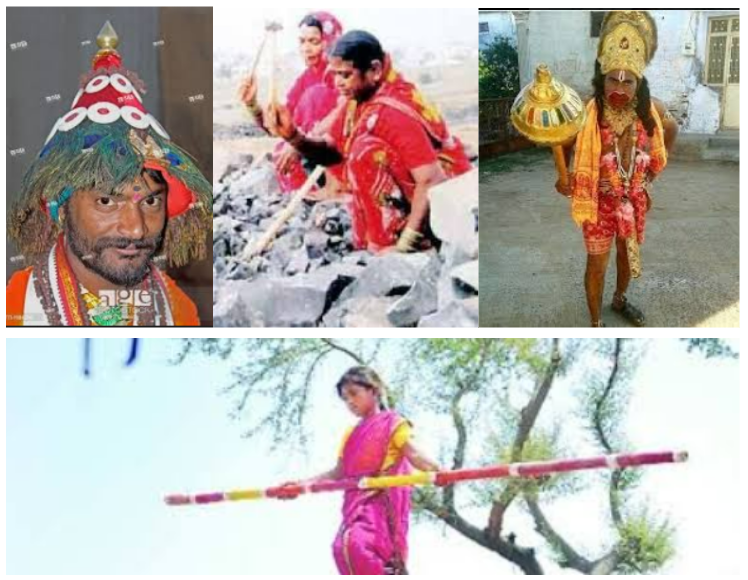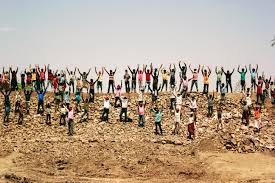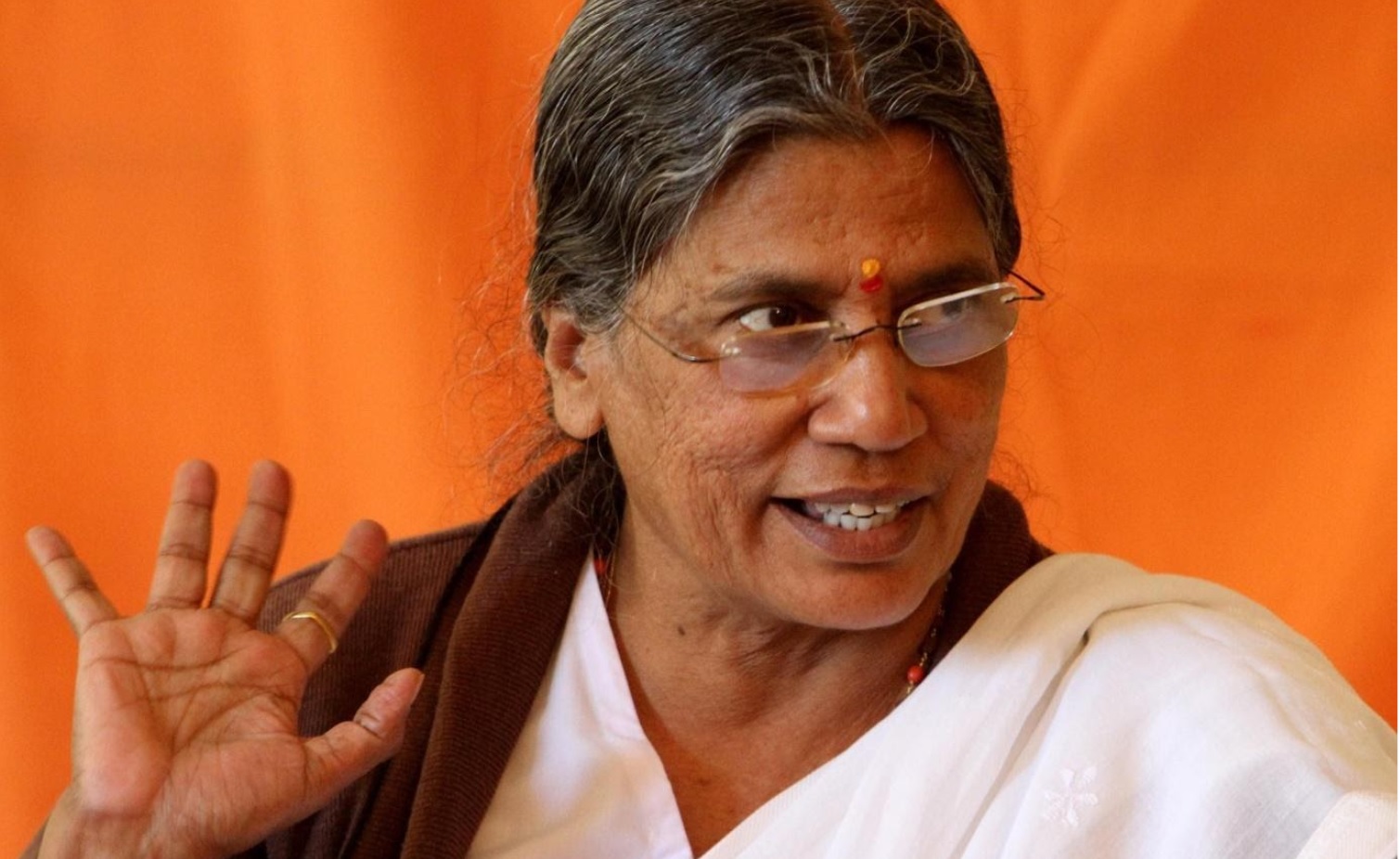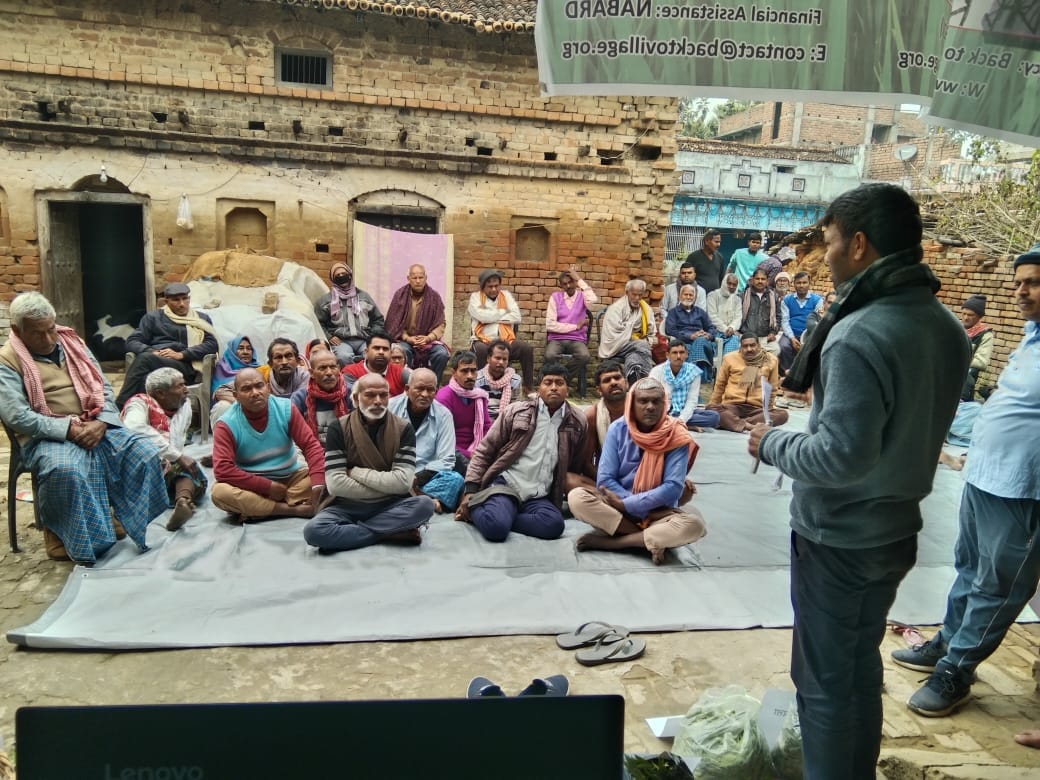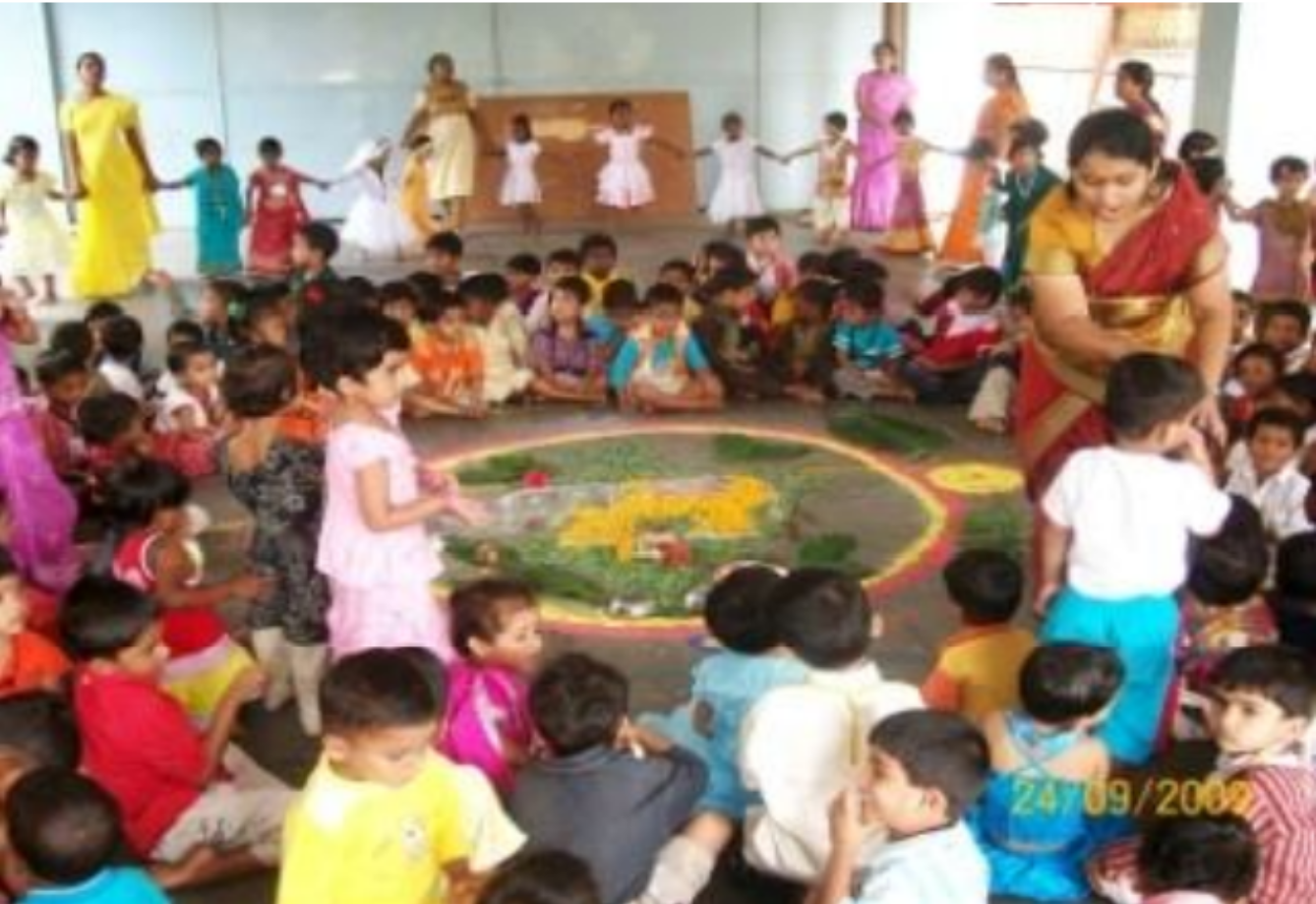For centuries, ancient tribes, traders, hunters, and artisans have contributed their skills and have been an important part of Indian society. By sharing their expertise and invaluable resources, these individuals served as the backbone of village life in India. From forging metal, making wigs from reused hairs, to providing blueprint designs for the construction of temples, these people filled niche voids within Indian society. But that was before the twin blows they faced: British colonialism marginalized and stigmatized their way of life and modern technology disrupted their source of livelihood by making their traditional skills obsolete.
The loss of their livelihood, inability to adapt to newer ways and discrimination led these communities into severe poverty pushing them to the fringes of society, often shunned, marginalized and stereotyped as thieves and dacoits. The poverty forces the children of these communities to work in menial jobs, and even indulge in begging and petty crimes thus not acquiring formal education and trapping them generation after generation into a vicious cycle of poverty. Consequently, these children are often forced to live a life of begging and crime.
Are these condemned to live in such unfortunate circumstances or something can be done about it? How does one break out of this vicious cycle? It is this question that would lead to a social endeavor that would come to be known as the Bhatke Vimukta Vikas Pratishthan (BVVP). Now a registered non-profit in the state of Maharashtra, it has developed into a pioneering organization empowering these communities for the past 14 years. In order to get to know more about the BVVP and its initiatives, we interviewed Mr. Dhananjay Vichare, a full time worker of the organization and who is in charge of the project named ‘School at your Doorstep’ for these communities. Vichare started working for the BVVP in 2014 as a part-time volunteer, helping out wherever he could. However, he soon realized he could utilize his experiences with Corporate Social Responsibility to help the BVVP acquire sponsorships, effectively manage the Palawarchi Shala, and expand the NGO operations. Most of all, he told us, loved the laughter and happiness expressed by the young children he helped. Dhananjay Ji was in awe of how his role as the project in-charge could shape the lives of so many children all at once. Thus, he decided to work with the NGO full time starting in 2018.
So what does BVVP do? Mr. Vichare told us that BVVP which started 14 years ago conducts many educational and self empowerment projects for the marginalized and nomadic communities. It also creates awareness among the general public and fights deeply ingrained stereotypes and prejudice against these communities. The BVVP has projects in 12 out of the 36 districts of Maharashtra serving over 58 communities and tribes in Maharashtra. . One of the BVVP’s largest projects is the Palawarchi Shala or School at your Doorstep. It also has nearly 600 students in their residentials schools and hostels at four centers in Maharashtra. The BVVP also educates these communities on reading and writing, vocational, financial literacy, and self-empowerment. These are all critical skills that the BVVP believes will help the nomadic people gain upward mobility from a socioeconomic standpoint.
Taking the school to their doorsteps
Vichare told us that after running their residential schools for over 12 years, the BVVP realized that a residential school model was not the ideal style of education for all children of nomadic communities. Despite the fact that most of these tribal children live in Pals (temporary settlements) and have access to government schools, the children do not attend these schools as they work for their families during the day. They are also seen as unclean and due to differences in language they do not easily mix with other children .
In many communities such as Dombari, Nandibailwale, Mariawale, Masanjogi, and Bahurupi, the significant portion of the familial income is brought by children through even begging for alms, performing roadside acrobatics etc. Consequently, it becomes difficult for children to follow the strict timing, discipline, and curriculum of schools.
Thus, to slowly develop and integrate these children into the schooling while allowing them to still work during the day for their families, the BVVP innovated the concept of the School at your Doorsteps. Vichare told us that “if they cannot go to school let us take the school to them”. With this thought in mind, the BVVP devised a highly flexible curriculum and schooling system where schools were not set in stone buildings. Rather, schools took the form of mobile trailers which were brought to the doorsteps of the homes of these students.
However, even with mobile schools, the volunteers of BVVP faced the challenge of earning the trust of these families and persuading them about the benefits of formal schooling for their children. Vichare tells us that this process of building confidence was long and hard but worth it nevertheless.
Nomads are generally distrustful of people from outside their community, conditioned to think that if they are approached by an “outsider” it is for a selfish or deceitful purpose, he told us. Thus, to initiate this process of building a credible relationship, the BVVP first approaches the entire community, at once, to have a conversation.
This initial interaction sets the stage for how invested the nomads will eventually become with the BVVP. Without a strong impression of the community leader, it is likely that the entire tribe will not be willing to enroll with the Palawarchi Shala. The BVVP searches for someone within the nomadic community who can speak the local tribal language as well as official language – in this case Marathi. This is also so that the language does not become a barrier. BVVP also gives them a personalized curriculum for the communities that focuses on reading and writing as well as mathematics and basic science.
In addition to education, the BVVP also provides primary healthcare services and resources to the nomadic populations they serve including health surveys, camps, immunization drives. The BVVP has been successful in persuading local physicians to enroll in this endeavor. This integration of making healthcare accessible as well as educating the youth has proven to be life-changing for many of the nomads of Maharashtra.
We believe that such pioneering work by the BVVP is setting up future generations of the nomadic communities with opportunities for upward mobility and financial independence. The NGO is working towards educating nomadic children so that they can build a great future while helping their communities both preserve their culture and become part of the mainstream society.
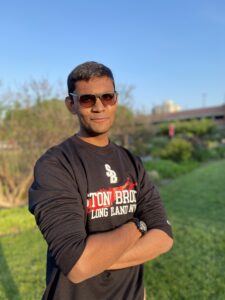
Swaneet Jha
Swaneet is a freshman Stony Brook University - Scholars For Medicine Bachelor. He is a Star Wars enthusiast and can dunk a basketball.

Veeren Bapat
Veeren is in his 8th grade at John Adams Middle School, New Jersey. He likes reading and researching random things along with playing with friends

